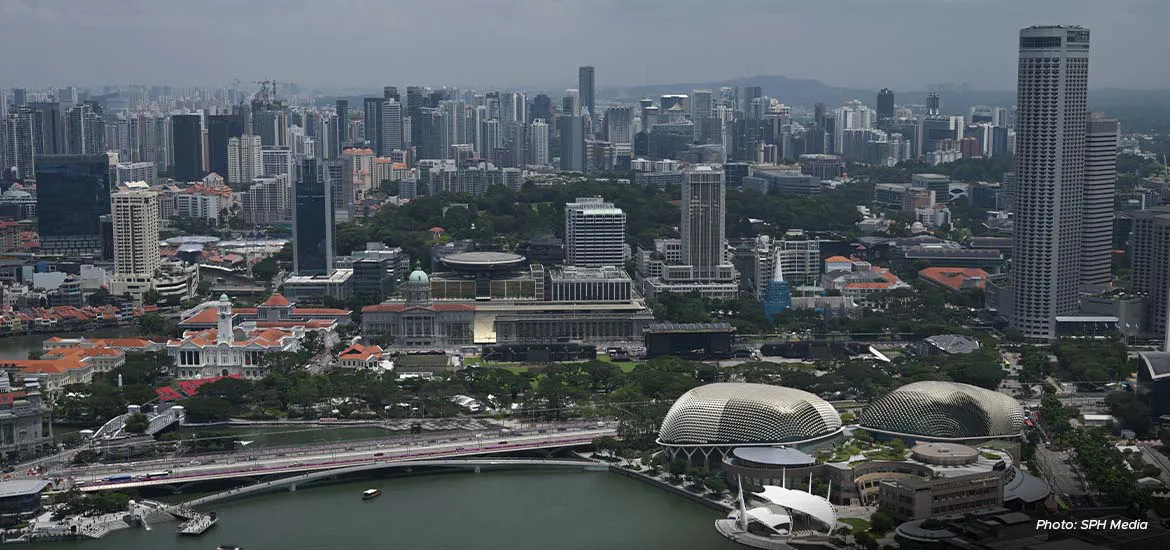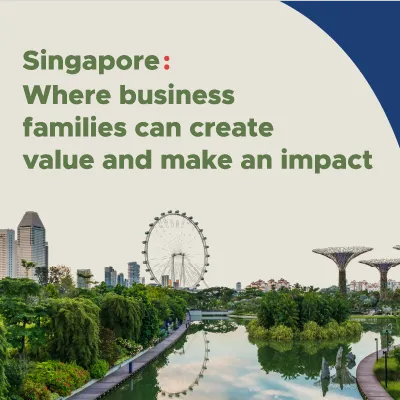Ms Deepali Khanna, vice-president for the Asia regional office at The Rockefeller Foundation, said networks like the Asia Philanthropy Circle and the Philanthropy Asia Alliance form part of that vibrant giving ecosystem here.
“By harnessing the collective strengths of all the various stakeholders, we can multiply, impact, accelerate positive change, and facilitate urgent actionable solutions to tackle the challenges we face today,” she added.
Asian family offices have emerged as an important source of funding for these early-stage projects, noted a report released by DBS Private Bank that surveyed senior executives from 200 family offices across Asia.
It found that philanthropy is becoming more important for Asia’s wealthy families despite economic and geopolitical uncertainties.
These efforts have in turn evolved from the traditional cheque book donations to charity, into a deeper engagement with such organisations.
Mr Lee Woon Shiu, group head of wealth planning, family office and insurance solutions at DBS Bank, said many philanthropic families in Asia now recognise that ad hoc activities are no longer enough.
They do not want to just give a donation and then walk away, with 61 per cent of families saying they want to be more actively involved, Mr Lee said. “There is accountability, and there is active mentorship.”
The Kewal Ramani Foundation in Singapore is guided by this active mentoring principle and hopes to “provide more meaningful support”.
Ms Sapna Kewalramani Malhotra is the philanthropy director of the foundation, which is involved in education, health and development, and the welfare and protection of women and children.
She noted in the DBS report: “We have gained domain understanding of how schools and eye hospitals operate, and how welfare for children operates in shelter homes, so we can share our learnings with new grantees.”
DBS’ Mr Lee added that 71 per cent of Asian family offices are increasingly thinking about the well-being of future generations when they shape their philanthropic activities.
This is reflected in the importance they place on environmental initiatives and those that support vulnerable young people.
Mr Lee further noted that family offices are involving their next generation in the philanthropic process as they believe this will help them “to forge a common shared purpose” among the different age groups, which will in turn contribute to the “longevity and resilience of the family enterprise”.









